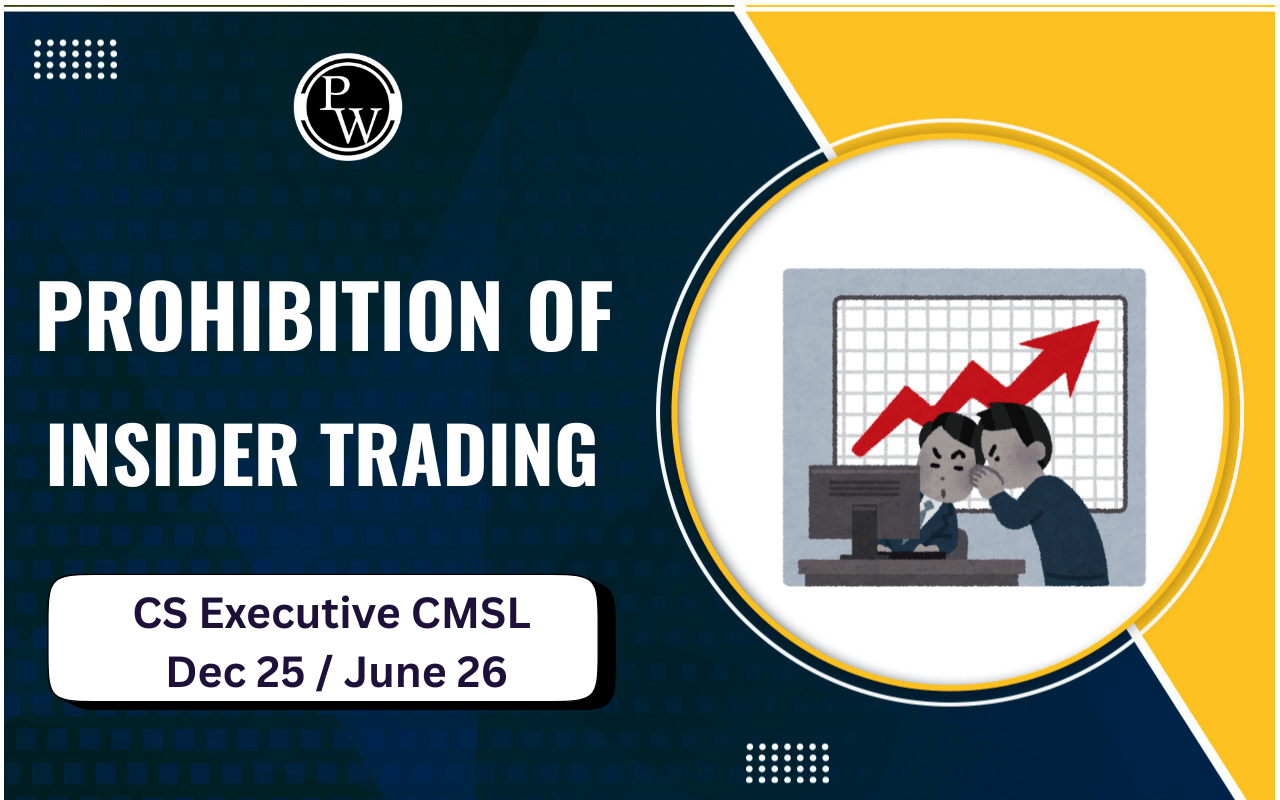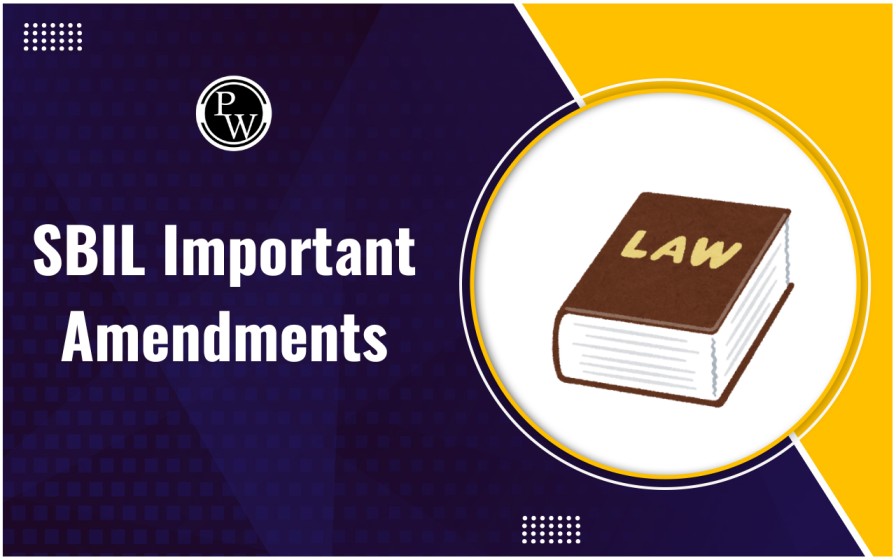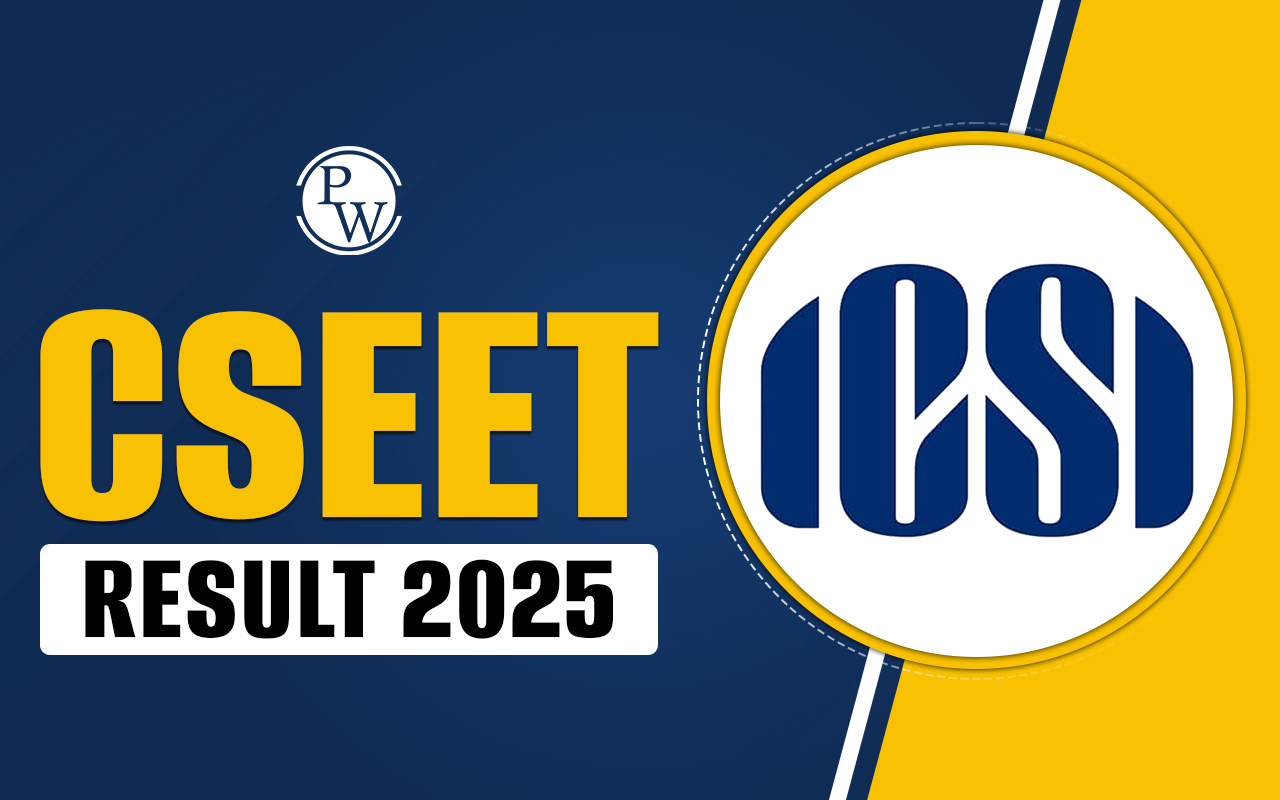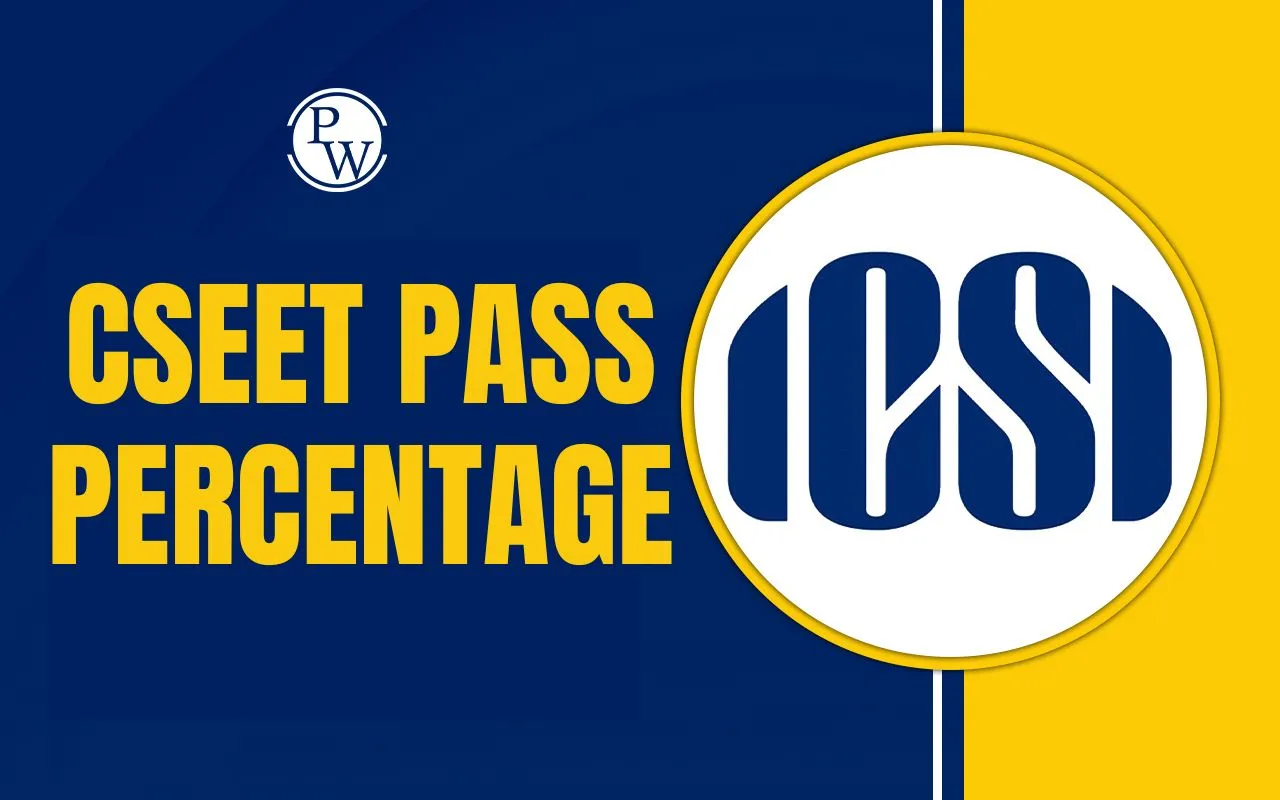
In the world of corporate finance, two significant processes that directly impact shareholders and a company’s equity structure are buyback of shares and delisting. These processes are governed by legal and regulatory frameworks to ensure fairness, transparency, and compliance. Understanding the Legal Aspects of Buyback of Shares is essential for investors, corporate professionals, and students pursuing commerce or corporate law.
What is Buyback of Shares?
A buyback of shares, also known as a share repurchase, refers to the process through which a company repurchases its shares from the existing shareholders. This reduces the number of outstanding shares in the market, which can lead to a rise in the value of remaining shares, assuming constant earnings. The Legal Aspects of Buyback of Shares are framed to ensure that companies do not misuse this mechanism to manipulate stock prices or harm the interests of stakeholders.
Regulatory Framework Governing Buyback
In India, the Legal Aspects of Buyback of Shares are primarily governed by the Companies Act, 2013, and the Securities and Exchange Board of India (Buy-Back of Securities) Regulations, 2018. These regulations set clear rules about the sources of funds for buyback, the percentage of equity that can be bought back, and the method through which it is to be carried out.
According to Section 68 of the Companies Act, a company can buy back its shares using:
- Free reserves
- Securities premium account
- Proceeds of the issue of any shares or other specified securities
However, a company is not allowed to buy back its shares out of the proceeds of an earlier issue of the same kind of shares or securities.
Methods of Buyback
The Legal Aspects of Buyback of Shares also outline permissible methods for executing buybacks:
Tender Offer: The company offers to buy shares from existing shareholders at a fixed price within a time frame.
Open Market Purchase: The company buys shares directly from the stock market.
Buyback from Odd-lot Holders: This method applies to shareholders holding odd-lot shares (less than market lot).
Each method has its own set of regulatory requirements. For example, in a tender offer, the company must issue a letter of offer to shareholders and comply with timelines and disclosure norms.
Limitations and Conditions
The Legal Aspects of Buyback of Shares also include several limitations to prevent misuse:
- The buyback cannot exceed 25% of the aggregate paid-up capital and free reserves.
- The debt-to-equity ratio post-buyback should not exceed 2:1.
- There must be a minimum gap of one year between two buyback offers.
- The shares bought back must be extinguished and physically destroyed within seven days of the completion of the buyback.
These limitations ensure that companies maintain a healthy capital structure and do not undertake buybacks that may adversely affect financial stability.
Legal Aspects of Delisting
Delisting of shares refers to the permanent removal of a listed company’s shares from a stock exchange. This can be done voluntarily by the company or compulsorily by the stock exchange in cases of regulatory violations. The Legal Aspects of Buyback of Shares are often closely linked to delisting because buybacks are sometimes used as a precursor to delisting.
Regulatory Framework for Delisting
In India, the delisting process is governed by the SEBI (Delisting of Equity Shares) Regulations, 2021. These regulations require a company to obtain approval from shareholders through a special resolution, and also from the stock exchange. One of the crucial aspects is the price discovery mechanism, typically conducted through reverse book building.
The Legal Aspects of Buyback of Shares come into play in voluntary delisting because companies often conduct a buyback to reduce the public shareholding, thereby facilitating easier delisting.
Key Legal Procedures in Delisting
- Obtain board and shareholder approval
- Provide an exit opportunity to public shareholders
- Use of reverse book building for price discovery
- Ensure compliance with SEBI regulations
These legal procedures are critical for maintaining the integrity and transparency of the capital market.
Interconnection Between Buyback and Delisting
The Legal Aspects of Buyback of Shares often intersect with delisting strategies. For example, a company might initiate a buyback to reduce its public float below a certain threshold, making it eligible for voluntary delisting. Regulatory bodies monitor such practices closely to prevent any manipulation or unfair advantage.
Understanding the Legal Aspects of Buyback of Shares and delisting is crucial for anyone involved in the corporate world. These legal frameworks are designed to protect investor interests and maintain fair practices in the capital markets. Companies must adhere to stringent laws and regulations before undertaking such actions. For investors, being aware of the Legal Aspects of Buyback of Shares helps make informed decisions and safeguards their investments. As these processes continue to evolve, staying updated with the latest regulatory changes becomes even more important.
By thoroughly understanding the Legal Aspects of Buyback of Shares, one can gain insights into how corporate strategies align with legal compliance to ensure financial and ethical integrity in the market.
Join PW CS Online Courses and build a strong foundation in corporate laws and governance with structured learning and dedicated support.
Legal Aspects of Buyback of Shares FAQs
What are the primary laws governing the Legal Aspects of Buyback of Shares in India?
Can a company buy back shares from the proceeds of a previous issue of the same kind?
How is the buyback process related to delisting of shares?










